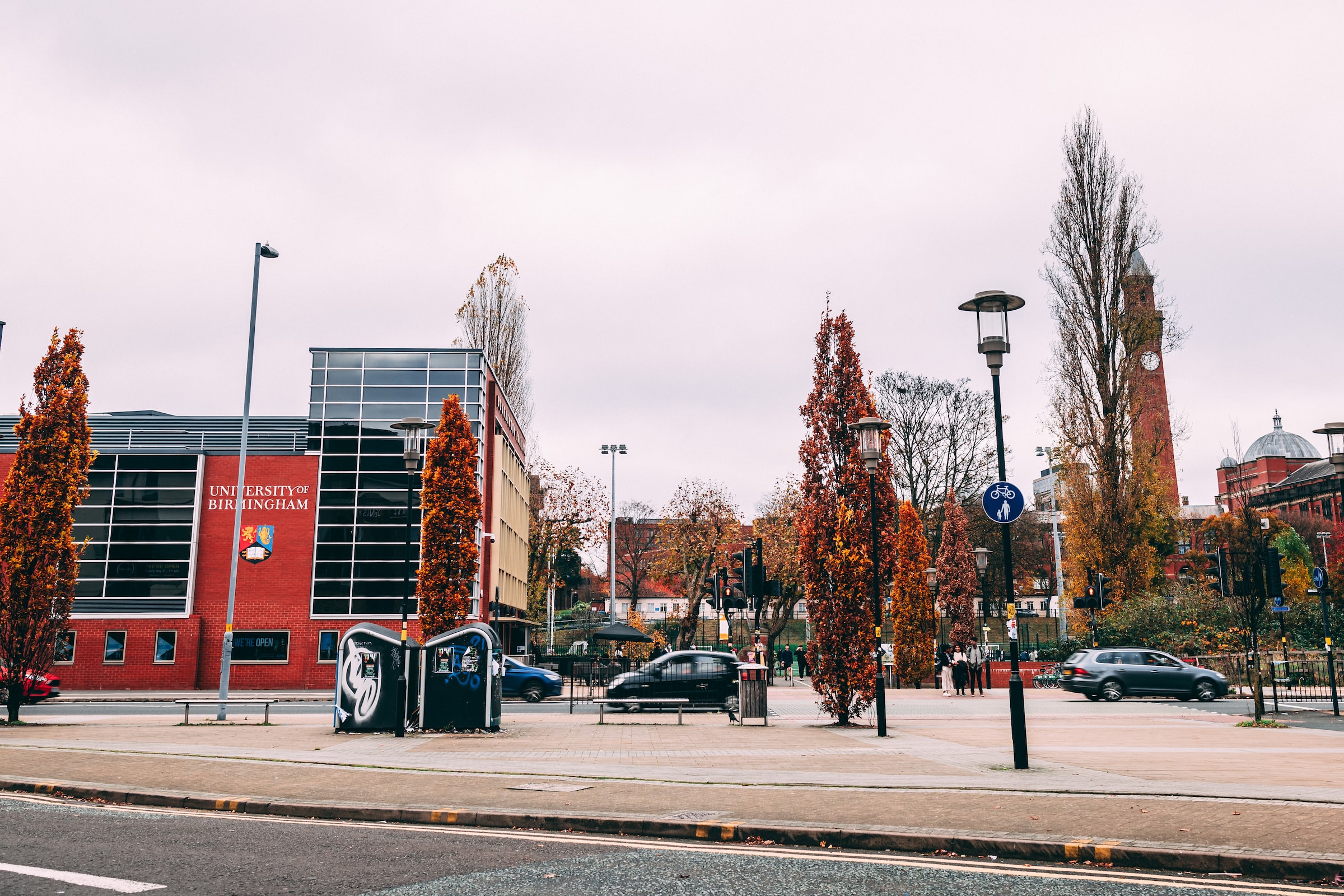
News Writer Cerys Gardner reports on the increasing concern about foreign interference at UK universities
A report by the Foreign Affairs Select Committee has raised concerns over the level of foreign interference in UK universities. In particular, the committee said the report, released on the 5th November, contained ‘alarming evidence about the extent of Chinese influence on the campuses of UK universities.’
Professor Christopher Hughes, an academic at the London School of Economics, gave his account of academic interference to the committee. He said that he had witnessed Chinese students in London trying to undermine the Hong Kong protestors. He had also witnessed the Confucius Institute, an institute that promotes Chinese language and culture, confiscating papers that related to Taiwan at the European Association of Chinese Studies’ biannual conference.
The Chinese Students and Scholars Association is also mentioned in the report as an instrument of interference. Charles Paton, who works at the Royal United Services think-tank, said: ‘Its stated aim is to look after Chinese students, but it also reports on them to the embassy and authorities, tries to stop discussion of topics sensitive to China, and takes more direct action under the guidance of the embassy.’
“Its stated aim is to look after Chinese students, but it also reports on them to the embassy and authorities
Most of the evidence in the report relates to China but, according to the committee, there are similar threats from Russia. Dr Peter Duncan, an academic at University College London, told the committee that he knew of an employee of the Russkiy Mir Foundation planting a bugging device to record a conversation on Russia held by the British International Studies Association. Central Asian autocracies have also put pressure on academics working with UK institutions through travel bans, interviews with security services, detentions lasting hours or days, and threats to their families. This is according to University of Exeter’s Professor John Heathershaw.
The report criticises the Foreign and Commonwealth Office for not sufficiently addressing the influence of autocracies on academic freedom and recommends that the UK ‘coordinate with like-minded countries’ to protect academic freedom and create best practices.
A spokesperson for the Foreign Office said: ‘We will look at this report closely as we continue to bolster our efforts to promote and uphold our democratic values.’
Comments